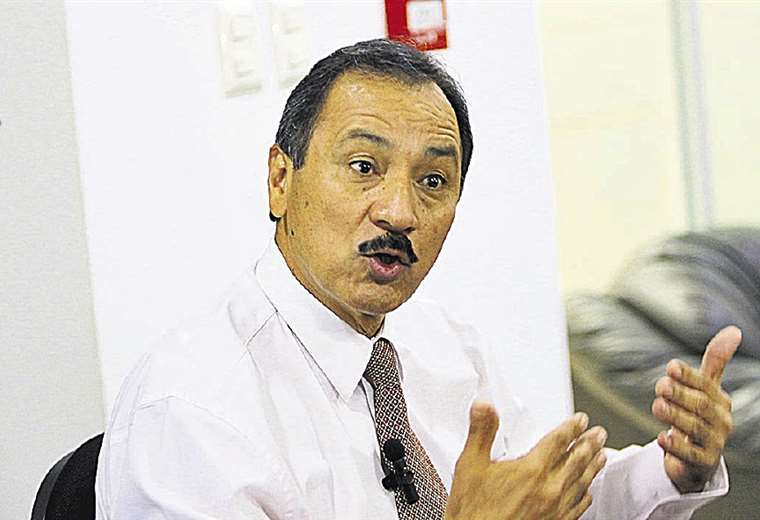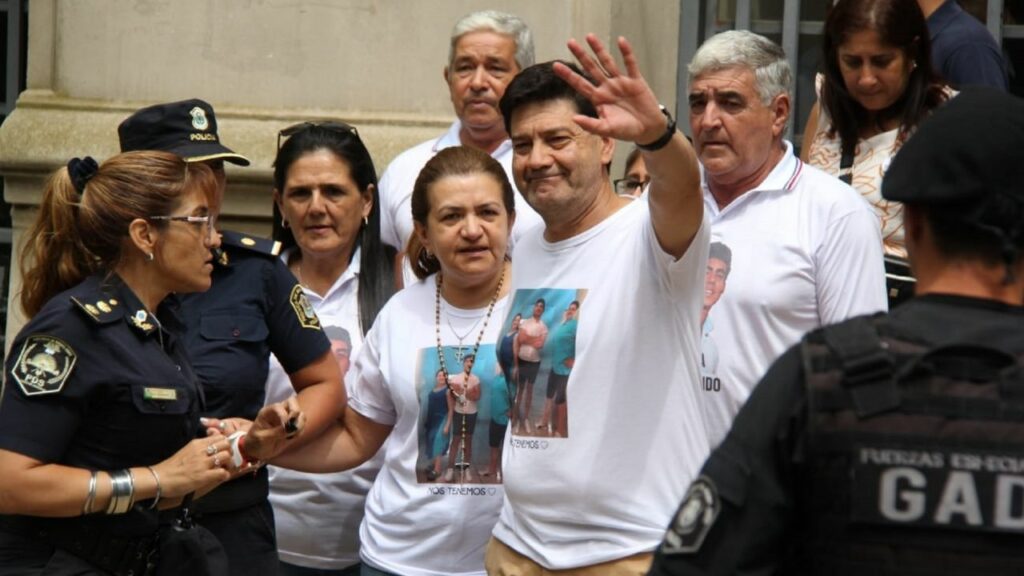January 24, 2023, 4:00 AM
January 24, 2023, 4:00 AM
The rector of the Gabriel René Moreno Autonomous University (UAGRM), Vicente Cuéllar, proposed a national pact for “peace and democracy” that includes the creation of a “truth commission” and an “amnesty” for political prisoners derived from the 2019 crisis.
The academic authority pointed out, in this context, that the visit of the delegate Joel Hernández of the Inter-American Commission on Human Rights (IACHR) is “timely”regarding his approach, but expressed his doubts about the support of this international institution.
“This visit comes at an opportune moment so that they can be part of the ‘truth commission’, although I particularly have serious doubts about the visit of the IACHR delegate. How many times have you visited us? Has justice improved with the recommendations you have given? What is the work that they carry out in this country?”, affirmed Rector Cuéllar.
Hernández’s visit will last until the 26th. The commissioner will attend, in this way, an invitation from the Government of Luis Arce to evaluate compliance with the more than 30 recommendations formulated by the Interdisciplinary Group of Independent Experts (GIEI) on the “serious violations of Human Rights” in the context of the political crisis of 2019.
The Vice Minister of Communication, Gabriela Alcón, reported that the country “made a lot of progress” in all aspects that include reparation for damages to the victims. She specified that she will be the Minister of Justice, Iván Lima, who presents the report on compliance with these recommendations.
Cuéllar sent a letter to President Luis Arce in which he raises a “great agreement for peace and democracy”, to prevent further confrontation in the country.
In his note he indicated that “the path is not violence and imprisonment. The country needs to initiate a pacification process in the absence of the rule of law that puts endangers the exercise of the values of democracy”.
The rector recalled that the victory of the ‘No’ in the 2016 referendum and that it was not complied with by the then head of state Evo Morales activated a polarization that triggered his resignation, after the irregularities detected by an OAS mission in the vote counting process.
Regarding the formation of the truth commission, Cuéllar explained that “must be made up of the public university and international organizations”.
For his part, the president of the Bolivian Episcopal Conference, Archbishop Ricardo Centellas, called on politicians to “can meet and dialogue in fraternity, and work for Bolivia”. Centellas indicated that democracy is very weak.
“We all need to unite, especially all politicians; I think it is time for them to forget their political colours, their ideologies, so that we bet on a united Bolivia, where we can all have the opportunity to live with dignity“, said.
“This is in one of the most complicated moments since 1982; We are no longer facing tanks or military coups, but the level of citizen confrontation is very high”, warned the lawyer and investigator Carlos Hugo Molina.















